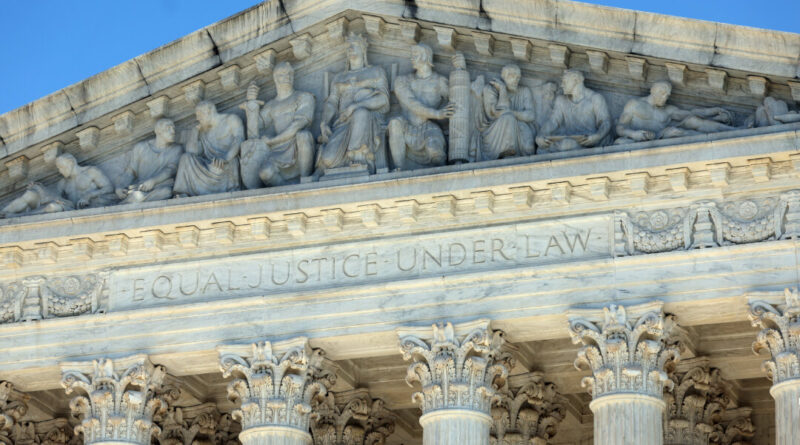Supreme Court of United States to Consider Sovereign Immunity in Holocaust Lawsuit
Holocaust survivors are attempting to utilize U.S. laws to file lawsuits against Hungary for property seized during the Nazi occupation.
The U.S. Supreme Court is set to hear oral arguments on Dec. 3 regarding whether a group of Holocaust survivors has sufficient evidence to sue Hungary for property seized during the Nazi occupation of the country.
This ongoing case, spanning over a decade, raises concerns about the immunity foreign nations receive from prosecution within the United States.
According to the Foreign Sovereign Immunities Act of 1976, foreign countries are generally immune with exceptions which include whether the property in question is connected to commercial activities carried out in the United States.
In 2010, survivors filed a class-action lawsuit seeking compensation for the seizure and expropriation of their property.
Various judicial circuits have provided conflicting interpretations of the exception, with each placing the burden of proof on either the foreign country or the individuals filing the lawsuit.
Hungary’s case stems from the D.C. circuit, where an appeals court dismissed the notion that survivors needed to trace the seized property to property in the United States or property owned by the Hungarian railway involved in transporting Jews during the Holocaust.
The appeals court also criticized the idea that a foreign country could avoid liability by mixing proceeds of expropriated property with general accounts.
Instead, the U.S. Court of Appeals for the D.C. Circuit determined that Hungary was responsible for proving that the FSIA’s exception did not apply to them.
In contrast, the U.S. Court of Appeals for the Second Circuit dismissed claims against Germany in a separate case as the plaintiffs failed to trace the proceeds from property expropriated over a century ago to present-day property owned by Germany in New York.
The legal saga previously reached the Supreme Court in 2020 but was remanded back to the lower court.
The Federal Republic of Germany, members of Congress, and President Joe Biden’s administration have submitted amicus briefs to the Supreme Court.
Both Germany and the United States disagree with the D.C. circuit’s attempt to place the burden on Hungary, expressing concerns about the broader implications on international law and business.



